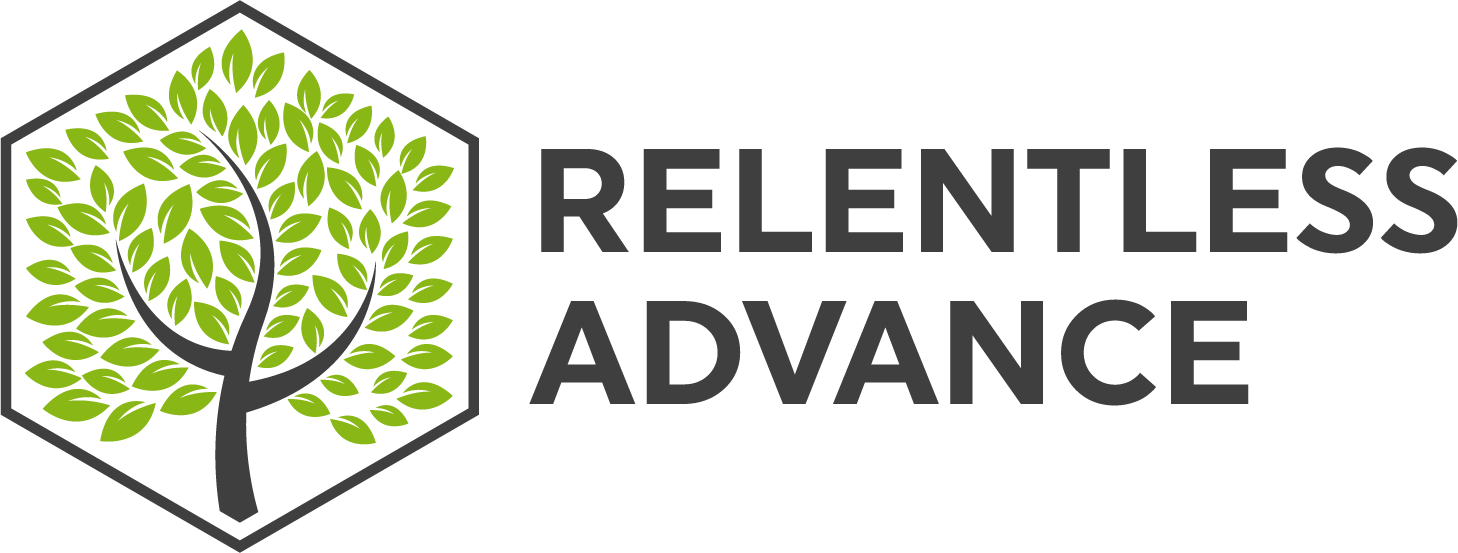Restrictive Measures Part 2
I’d like to solidify my interest in addressing this topic. I am trying to find out why agencies that address community crisis do not employ the professionals or the training needed to address crisis events in a more broad client population.
My first contact was with DHS about some of my questions regarding community crisis and using police as an intervention tool. I had phone and email contact with Brett Loescher, a policy manager for the state of WI.
What I garnered from that contact was that people needing restrictive measures have a history of aggressive behaviors, so community crisis programs don’t serve them. It was suggested that hospitals and institutions were available for clients with more aggressive histories. But there was an attempt made to point out that de-institutionalization is valued over long term institutional residency. It was an unfamiliar topic when I questioned whether police were being contacted as a crisis tool in community crisis programs. I don’t think I came away with any new insights or answers to my questions.
Through education and research, I know that de-institutionalization began in the 70’s. However I don’t buy in to the suggestion that we are de-emphasizing institutional care as much as people like to talk about it.
It’s becomes a paradox when community crisis agencies don’t use behavioral supports in serving clients. Specifically those whose history may prove problematic for agency-specific services or the skills of unlicenced professionals. Medication is chemical restraint and it is part of the intervention or management of mental illness. But when an agency seeks to hire professionals that only receive internal agency training, how knowledgeable are professionals on the complex effects of medications and keeping updated on the daily mental/physical/environmental changes of clients?
Currently I am following the Post Crescent on their series about addressing children’s mental health. They covered a story about police departments not having crisis intervention training. So that presents another question; when you know that you don’t have the authority or training to handle a situation and you call the police, what are you really expecting?
My next contact will be with police departments.
